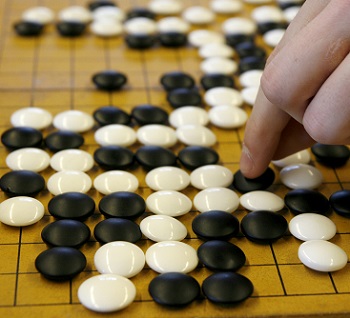The Impact of Games on Learning

Games for the classroom continues to be an expanding field, though there are more skeptics than converts. As with other trends (MOOCs, for example), many educators want more information on assessing the impact of games on learning before they adopt games or game qualities in their courses.
Some bloggers on gamification have pointed out that it is not even clear what we want to accomplish in using games. Engagement? Critical thinking, problem solving and analysis skills? Personalized learning? Motivation?
A new report from Games for Change and the Michael Cohen Group titled "Impact with Games: A Fragmented Field," looks at some of the disconnects.
For example, a game may not have a significant impact on teaching "knowledge" but may impact collaboration and problem-solving skills in unexpected ways.
The report writers say that they "discovered that the words fundamental to successful collaboration like ‘game’ and ‘assessment’ have become litmus tests -- forcing people to be 'with us or against us'”
The report summary also suggests that:
"Success may require new umbrella language to enable meaningful comparison and improve coherence and efficacy -- especially across stakeholders. Power may need to be shared, rather than giving preference to either researchers or designers. The primary contribution of this first report is to make five basic claims about how the field is currently fragmented, establishing a foundation for more systematic solutions. Along the way we reveal why we are talking past one another, in public and private. Our second report (forthcoming) will dive deeper into proactive solutions..."
Trackbacks
Trackback specific URI for this entryThe author does not allow comments to this entry
Comments
No comments